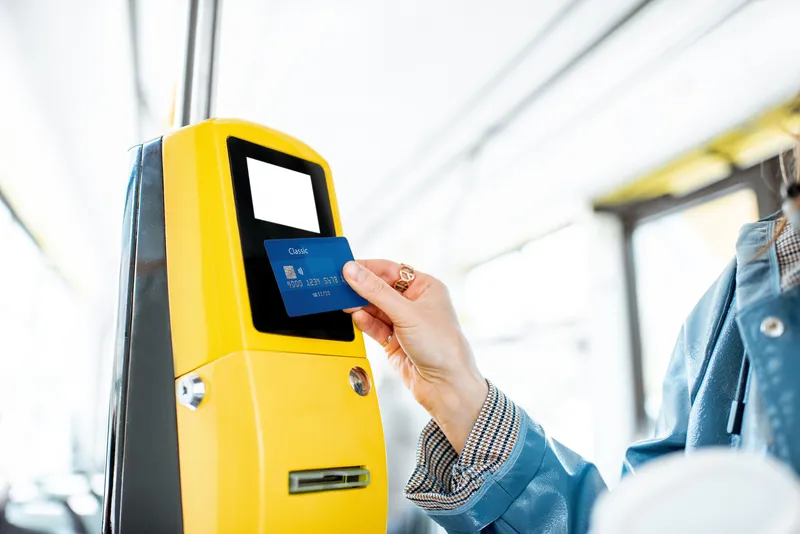
Regina Transit in Canada has selected the Umo Platform from Cubic for its new fare collection system that introduces account-based ticketing and contactless payment options.
Passengers in the city of Regina, capital of the province of Saskatchewan, will have the flexibility of paying fares through either the Umo Mobility smartphone app, open-loop cards such as debit and credit cards used directly on the bus, or through a reloadable smartcard. This will replace the current R-Card and should be available by late this summer.
As well as open payments, Regina Transit is providing its riders with fare capping via Umo. Cubic says this supports improved transit equity by giving the city of Regina the ability to limit the cost of transit trips to a fixed fare for a fixed period. This provides riders with the convenience of only paying for what they use and incentivises them to ride more without limits on the number of trips they can take.
For riders who prefer to use cash, Cubic said that adding funds to their Umo account is straightforward. They can either visit retail partners or use their credit or debit cards directly through the Umo app or web portal.
Additionally, Cubic will provide new cash fareboxes on board all fixed-route buses to accommodate riders who prefer to use cash on board.
“Cubic’s expertise in deploying similar systems across Canada, including major cities like Vancouver and Victoria, gives us great confidence in their ability to meet our needs effectively,” said Nathan Luhning, acting director of transit and fleet at Regina Transit. “We look forward to the positive impact this partnership will have on our city's transportation infrastructure.”
“The Umo platform facilitates seamless and fair access to transit for everyone, and we are thrilled to extend these advantages to an additional province in western Canada,” said Matt Newsome, senior vice president and general manager of Cubic Transportation Systems. “Whether commuters opt for the reloadable smartcard, mobile app or debit/credit cards to pay their fare, Umo will streamline the process of accessing public transportation."










